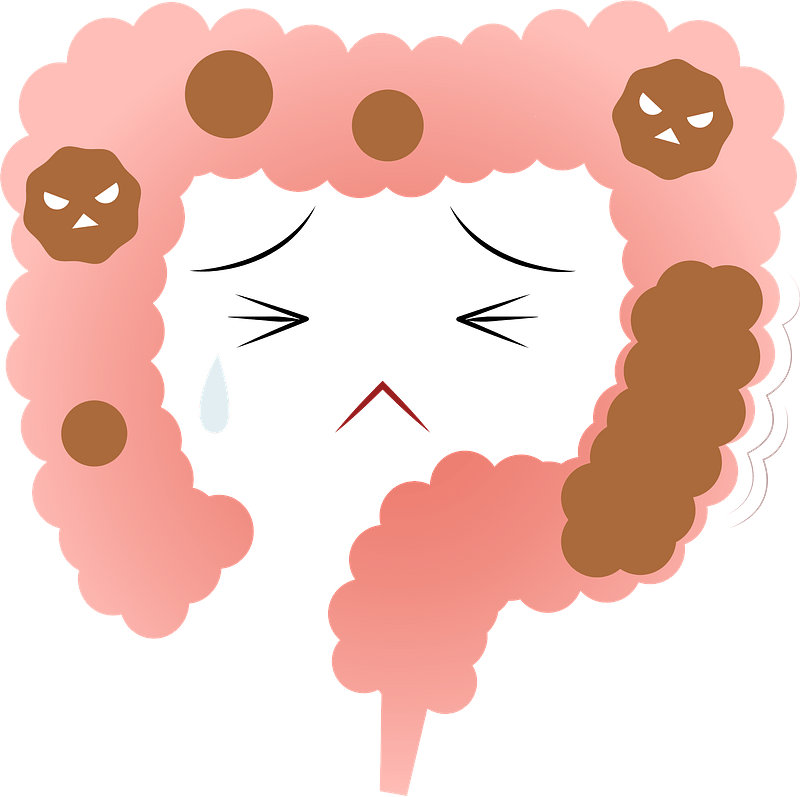Back
What is Constipation Doing to My Pelvic Floor?
By Dr. Christine Martirez PT, DPT on 4/16/2024

Constipation is a common digestive issue that can have significant implications for pelvic floor health. When left untreated, chronic constipation can contribute to various pelvic floor disorders, including hemorrhoids, anal fissures, and urinary incontinence. In this blog post, we'll explore how constipation affects the pelvic floor, the associated symptoms and conditions, and the role of pelvic floor physical therapy in managing these issues.
Understanding the Connection Between Constipation and Pelvic Floor Health
Impact on Bowel Movements:
Constipation involves difficulty passing stool, possibly due to inadequate fiber intake, dehydration, or other underlying health conditions. Consistent straining during bowel movements can place excessive pressure on the pelvic floor muscles.Development of Hemorrhoids and Anal Fissures:
Prolonged straining can lead to the development of hemorrhoids (swollen veins in the rectum or anus) and anal fissures (tears in the anal lining), which are common complications of chronic constipation.Muscular Strain on Pelvic Floor:
Persistent straining and incomplete evacuation can cause increased tension and fatigue in the pelvic floor muscles, leading to pelvic floor dysfunction over time.
Impact of Constipation on Pelvic Floor Disorders
Exacerbation of Urinary Incontinence:
Chronic constipation can exacerbate symptoms of urinary incontinence by placing additional stress on the pelvic floor muscles and pressure on the bladder. Weakness or dysfunction in these muscles can contribute to urinary leakage.Pelvic Organ Prolapse:
Constipation and straining can contribute to pelvic organ prolapse, where pelvic organs (such as the bladder, uterus, or rectum) descend into the vaginal canal due to weakened pelvic floor support.
How Pelvic Floor Physical Therapy Can Help
Comprehensive Assessment:
Pelvic floor physical therapists conduct a thorough assessment to evaluate pelvic floor muscle tone, strength, and coordination. They assess how constipation and straining have impacted pelvic floor function.Muscle Relaxation Techniques:
Therapists use manual therapy techniques to release tension in the pelvic floor muscles, promoting relaxation and reducing hypertonicity caused by chronic straining.Pelvic Floor Strengthening Exercises:
Specific exercises are prescribed to strengthen weak pelvic floor muscles and improve their ability to support pelvic organs and maintain continence.Bowel Retraining Strategies:
Therapists educate patients on proper bowel habits and techniques to promote regular, healthy bowel movements without excessive straining. This may include dietary modifications, hydration recommendations, and timing of bowel movements.Bladder Training:
For individuals experiencing urinary incontinence exacerbated by constipation, bladder training techniques may be incorporated to improve bladder control and reduce leakage episodes.
Taking Steps Towards Pelvic Health
Constipation is more than just a digestive issue—it can have far-reaching effects on pelvic floor health and function. If you're struggling with chronic constipation or experiencing symptoms of pelvic floor dysfunction, consider seeking guidance from a pelvic floor physical therapist. With targeted interventions and personalized treatment plans, you can address the underlying causes of pelvic floor issues and regain control over your pelvic health. Don't wait to take proactive steps towards improving your pelvic floor function and overall well-being.
Suffering from chronic constipation? Reach out to us at Pelvic Health Center in Madison, NJ to set up an evaluation and treatment! Feel free to call us at 908-443-9880 or email us at receptionmadison@pelvichealthnj.com.
Read More:
How Chronic Pelvic Congestion in Men Contributes to Prostatitis By Shannon Strauch, PTA, STMT-1 on 12/11/2024 How lymphatic issues can cause symptoms of prostatitis Prostatitis and Tight Pelvic Floor Muscles: A Comprehensive Guide By Shannon Strauch, PTA, STMT-1 on 12/10/2024 How a tight pelvic floor can be the reason for prostatitis symptoms
Are you ready to live pain free?
Request An Appointment